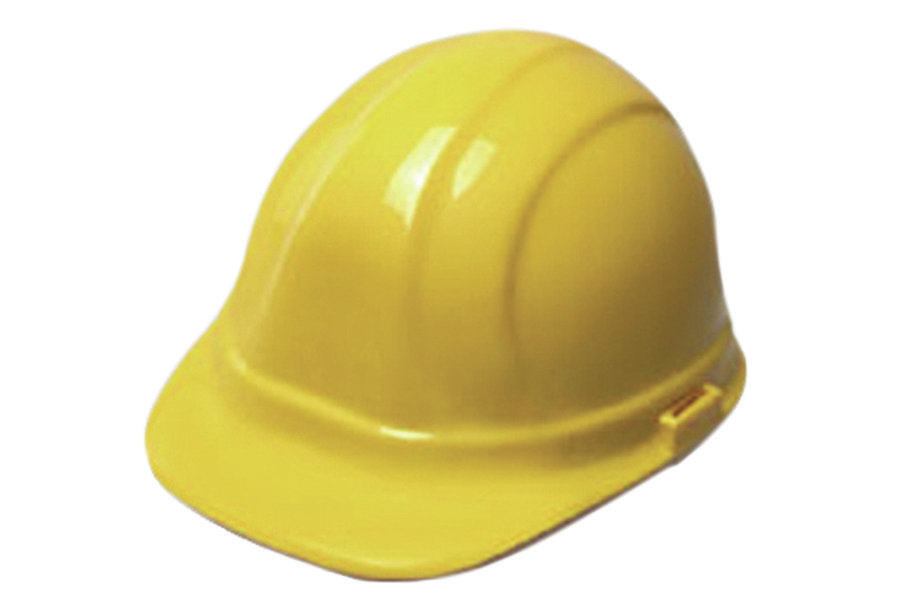New Jersey has officially joined the handful of states that now require specialized licensing for pool/spa service and construction firms.
This comes nearly 20 years into a campaign by the Northeast Spa and Pool Association to see such requirements put in place in all the states it serves. Connecticut was the first, when it began to require licensing in 1999. Certain counties in New York, which imposes licensing county by county, came next, with Nassau County instituting licensing in 2011 and Suffolk County in 2013. This was the third try at such legislation in the Garden State.
“Members should feel great about what this means for the industry,” said Dominick Mondi, executive director of the Northeast Spa and Pool Association.
The New Jersey legislation takes effect July 30.
To receive the three-year licenses, pool/spa builders must earn their APSP Certified Building Professional designation or other certification deemed acceptable by the board that administers the law. (Currently, no other programs have been approved.)
Pool service firms can choose from a few APSP certification options, including Certified Service Technician, Certified Service Professional, Certified Building Professional and — for companies that only service spas — Certified Hot Tub Technician. Here, too, other board-approved certifications may replace the APSP programs, however none have been designated at this time.
Each company must have at least one licensed individual.
Grandfathering will be available through July 30, 2021 to companies that can provide references from at least one trade-related business and one financial institution to verify existence of the company; a certificate of good standing that’s less than 30 days old from the New Jersey Secretary of State or other state where the company is incorporated; and three current references from APSP members who attest to the knowledge and skills of the contractor.
After July 30, 2021, all companies must earn the designated certifications to become licensed in New Jersey.
Continuing education requirements have yet to be determined. A board will be created for this purpose, called the Pool and Spa Service Contractors and Pool and Spa Builders and Installers Advisory Committee.
“We have a lot of work to do,” Mondi said. “We’re going to help our members through this process, and we think it’ll mean great things for the industry.”




